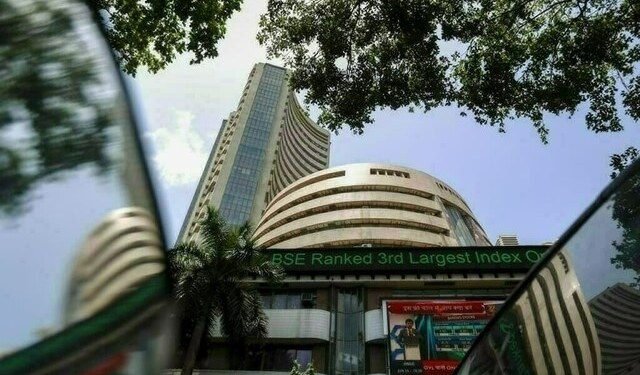 © Reuters. FILE PHOTO: The Philadelphia Energy Solutions oil refinery owned by The Carlyle Group is seen at sunset in Philadelphia
© Reuters. FILE PHOTO: The Philadelphia Energy Solutions oil refinery owned by The Carlyle Group is seen at sunset in PhiladelphiaNEW YORK (Reuters) – Renewable fuel credits for 2018 slipped on Tuesday after the U.S. Environmental Protection Agency granted a bankrupt Philadelphia refiner significant relief from its biofuel obligations.
Prices for renewable fuel (D6) credits for 2018 traded at 35 cents on Tuesday morning, traders said, down from 38.5 cents on Monday and roughly 40 percent lower than just two weeks ago.
The EPA and the Carlyle Group-backed Philadelphia Energy Solutions refinery agreed on Monday that the refiner would have to satisfy only roughly half of its $350 million worth of outstanding compliance obligations under the U.S. Renewable Fuel Standard. The RFS requires refiners to blend biofuels like ethanol into their fuel or buy credits from those that do.
The settlement, which must be approved by a federal judge and faces a public comment period, says PES does not have to go into market and buy some 250 million compliance credits covering 2016, 2017 and portions of 2018. That has raised concerns among biofuels producers that other independent refiners may also seek relief.
The EPA has also signaled that it is willing to exempt a larger number of small refineries from the program, limiting the number of potential buyers and putting even more credits into the market.
PES, which lacks blending facilities, entered into bankruptcy owing 467 million credits from 2016 and 2017, with only 210 million credits in hand, the filing showed.
The EPA said PES could comply with the program by turning over its available credits and would be excused from any shortfall, a huge win for the refiner. It said the deal would cover the company up until the point it exits bankruptcy.
Fusion Media or anyone involved with Fusion Media will not accept any liability for loss or damage as a result of reliance on the information including data, quotes, charts and buy/sell signals contained within this website. Please be fully informed regarding the risks and costs associated with trading the financial markets, it is one of the riskiest investment forms possible.
Source: Investing.com




























